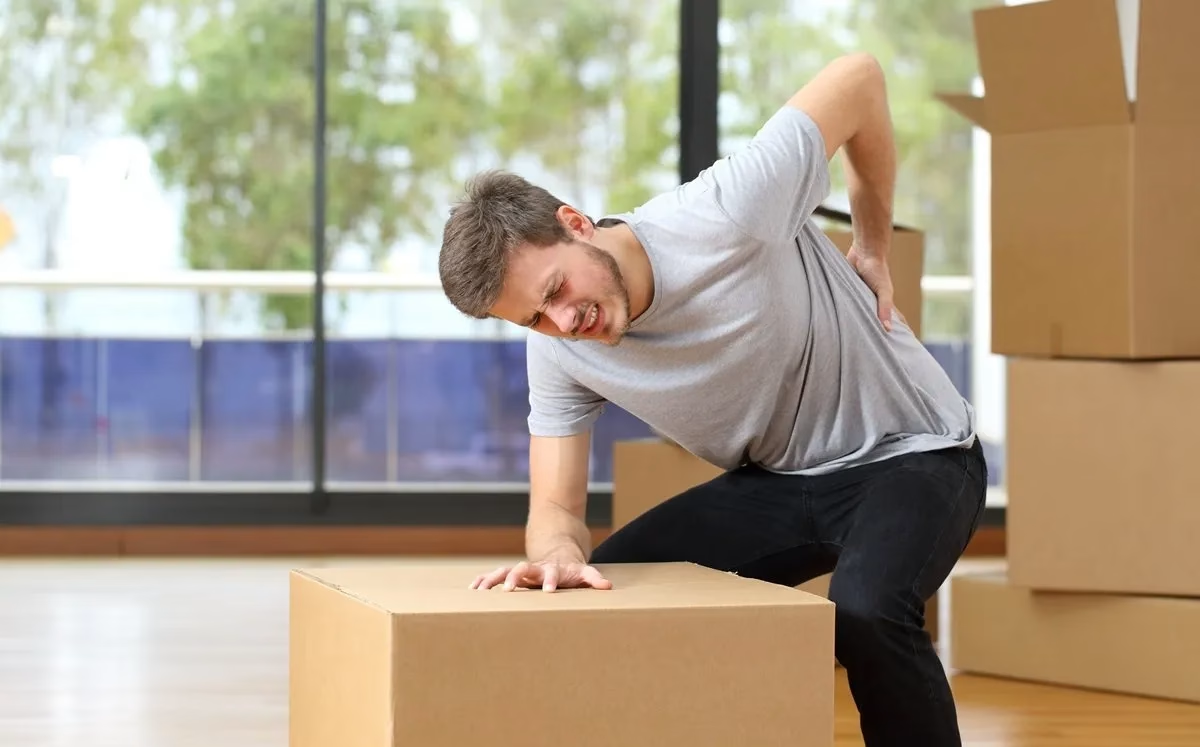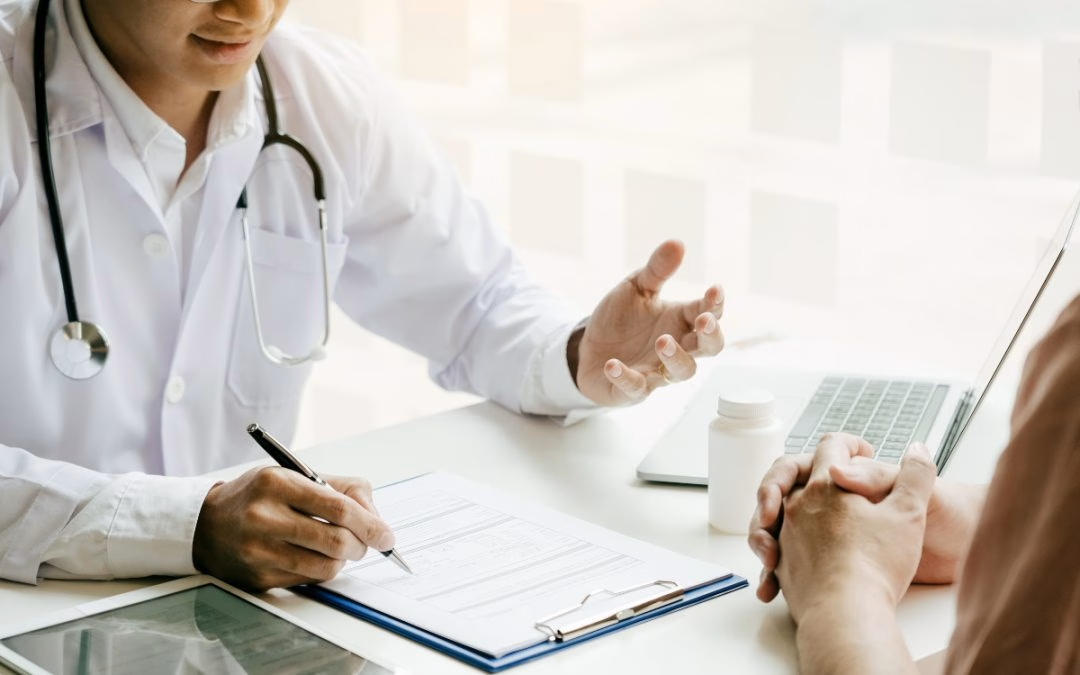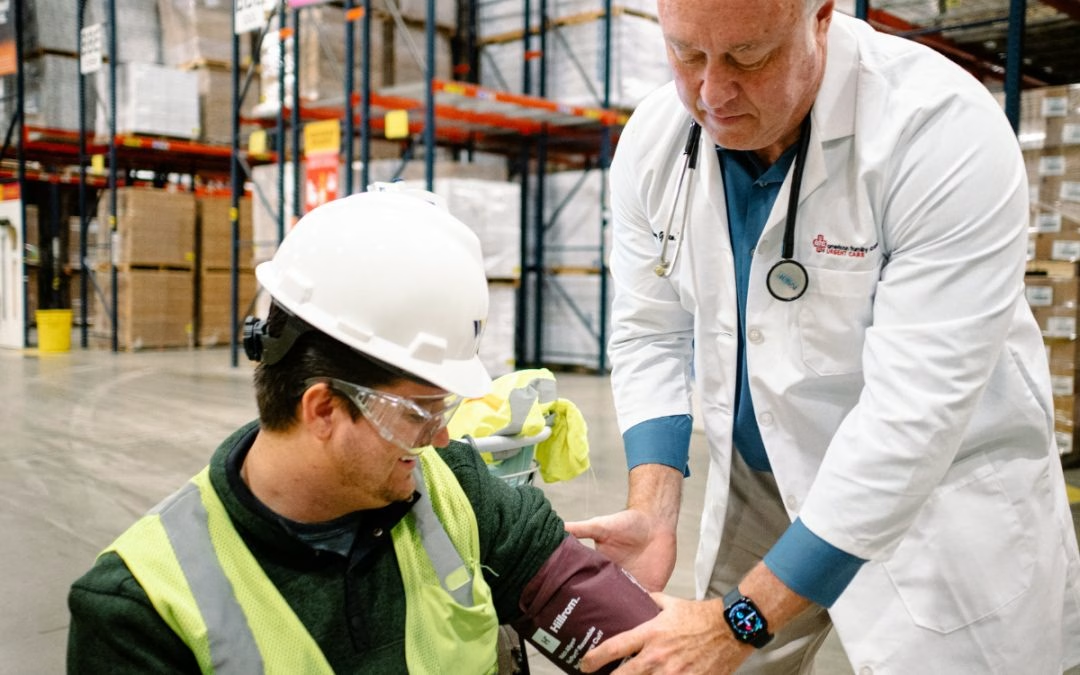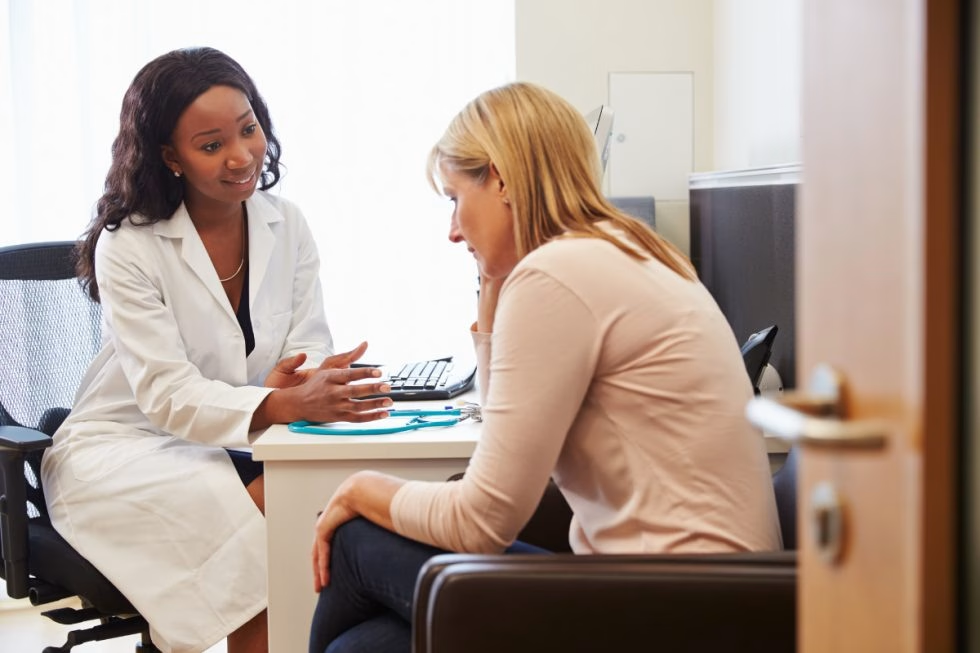Back, Neck and Spine – Pain Relief & Injury Treatment in SW Charlotte
If you need help treating or managing your back or neck pain, visit AFC Urgent Care today. Our medical professionals will conduct a thorough evaluation of your condition. If we suspect a more severe or long-term issue, rest assured that we'll guide you in the right direction. Your well-being is our top priority, and we're here to help you get on the road to recovery.

Pre-Register for an Appointment
Back and neck pain affect millions of people due to various reasons, like injuries, sports activities, poor posture, or just the usual day-to-day movements. More than 100 million adults in the United States deal with back and neck pain every year. If you're looking for relief, AFC Urgent Care can help with non-surgical treatments.
It's no surprise that back and neck pain are incredibly common issues that doctors encounter regularly. Whether it's because you've been sitting or standing for too long or due to an unexpected accident, many people experience discomfort in their back, spine, or neck. Sometimes, you know precisely what's causing the pain, but other times, it's a mystery, which can be concerning. While many back and neck injuries tend to heal on their own with time, it's essential to take good care of these critical parts of your body.
Which Back Injuries Do You Treat?
At AFC Urgent Care, we focus primarily on acute to moderate back pain due to injuries or symptoms of common disorders.
Lower Back/Spine
Most herniated disks occur in the lower back, though some may occur in the neck. In most cases, a herniated disk doesn't require surgery and can be treated with physical therapy, medication, rest or steroid injection.
You may be at risk to develop a herniated disk if:
- You sit for hours at a time in the same position
- You are overweight
- You are between 30 to 50 years old
- You frequently lift or carry heavy objects
- You frequently make small, repetitive motions (like a bend or twist) for sports or your occupation
- You are a smoker
Pain from sciatica often ranges from mild pain to sharp, burning pain and is typically accompanied by numbness and weakness. Most cases of sciatica clear up in a matter of weeks with proper treatment.
Pain from kidney stones typically spans from your lower back, abdomen, and inner thighs. Most backaches can be temporarily relieved when you move or change sitting, sleeping or standing position, however, with kidney stones, the back pain doesn't go away.
While there aren't options to instantly pass kidney stones, our providers can help you get through the process. We will assess your symptoms and provide any necessary medication to treat the symptoms.
Upper Back/Spine
Most joint pain in the upper back is due to long-term poor posture or specific injuries harming the thoracic spine. The best remedies for upper back pain are a cold or hot compress improved posture and rest.
- Wear and tear. As we age, the joints in our spine naturally wear down. This can lead to inflammation and pain.
- Autoimmune disease. Some types of arthritis are caused by an autoimmune disorder, in which the body's immune system attacks its own tissues. This can damage the joints in the spine, leading to pain and stiffness.
- Infection. An infection of the spine can also cause arthritis. This is more common in people with weakened immune systems.
Common whiplash symptoms include:
- Neck pain and stiffness
- Headache
- Dizziness
- Fatigue
- Blurred vision
- Difficulty concentrating
- Ringing in the ears
- Muscle spasms in the neck and shoulders
Some people don't develop symptoms for a few days after an accident, so it's important to remain alert for any potential signs of whiplash.
If you can’t make it to AFC immediately after an incident, use the R.I.C.E. method. |
Rest – After an accident, get to a comfortable location as soon as possible, and rest to prevent additional strain on the injury.
Ice – Wrap an ice pack in a towel and apply it to the injury for 15 to 20 minutes. Reapply the ice every 3 hours. If you don’t have an ice pack, a bag of frozen produce will get the job done.
Compress – Put pressure on the injured area by wrapping it with an elastic bandage. Make sure the bandage is tight but not too tight. You can tell if the bandage is too tight when the injured area turns blue or starts feeling numb.
Elevate – To properly elevate your injury, position the injured area to rest above your heart. The most common way to elevate the injury is to stack several pillows under your foot, arm, ankle or leg while resting in bed or on a sofa.

Don't wait to get the medical attention you need.
CALL US TODAY | (704) 228-1784


